As 2019 and the end of a decade comes to a close, it’s time to reflect on all of the changes seen in the food industry. From sustainable practices, technological advancements and the introduction of edible cannabis into the market, there is a lot to be discussed.
Xtalks had the honor of interviewing Brad McKay, former chief executive officer at HealthCare Food Services. This is a company that makes food for hospitals and long-term care facilities across Canada. We spoke about the new and improved manufacturing and distribution practices that McKay has seen throughout the years and his experience in this sector in Canada.
Xtalks: What kinds of changes have you seen in the manufacturing and distribution processes in Canada that have improved the way that procedures have traditionally been done?
BM: Well I think there are two broad changes that I’ve seen that will affect us today and into the future: digital technology and sustainability of manufacturing.
Technology
What’s happening today, in 2019, is that robotics and automation are driven by labor cost, but more poignantly, by the availability of labor. If you talk to anybody in manufacturing, I’m sure you hear the number one concern is ‘I can’t get labor.’ I can’t get labor at all and we struggle with our plant in Ottawa, Ontario to bring people in. They don’t want to work in food manufacturing. We’ve had to pay above the minimum wage. Wages in Ontario were just under $12 an hour, the government took them up to $14, and I’ve got to pay a dollar above that just to get people to take an interview so it’s darn difficult to find labor.
I think a lot of manufacturers are saying, ‘well, I’m just going to install capital to automate that particular process’ so we’re being forced into it because of availability. There’s a bunch of digital technologies that manufacturers are looking at.
For me, I think the big thing that’s just about to emerge for manufacturing is artificial intelligence and it’s going to be bigger than probably most of the technologies that we see today. Artificial intelligence is going to be really helpful in manufacturing because of global trends.
I think what you’re going to see is in the future is factories become smaller and nimbler, and they’re going to need artificial intelligence to help them deal with the complexity of manufacturing. Right now, we don’t deal with complexity of manufacturing, we just build long production runs — that’s how we solve our problem. However, artificial intelligence is going to help you with your production planning, demand planning and help run the plant.
Sustainability
We’re going to have to manufacture on a sustainable basis… Today what you are seeing is manufacturing plants that have zero carbon emissions.

Carbon’s going to be one of the key things because the CO2 level in the atmosphere is up to a little more than 400 parts per million — let’s say about 415 parts per million (ppm) — and it historically was about 200 parts per million. Oxygen-breathing life on the planet wasn’t enabled until CO2 fell below 1000 ppm. Therefore, at 1000 ppm, life becomes impossible for oxygen-breathing organisms. We’ve gone from 200 to 400 so we better smarten up and stop putting CO2 into the air the we breathe.
I think we’re going to just see these smart plants become commonplace. I would say over the next 30 years, a traditional plant, as you know it today, will be as old fashioned as a gasoline-fueled vehicle.
I remember a conversation a couple of years ago around a table, we were making some economically-driven decisions and the Millennial in the group said, ‘well, what’s the impact on the planet?’ and I looked at my other members on the management team and we had never asked ourselves that question.
As Winston Churchill said, the further backward you look, the further forward you can see. So, if we can think beyond a three-generation timespan – that’s in sort of our memory – we can maybe think about building a place that we can all survive.
Cheap Food Era
Xtalks: What about the future of food? The past was very highly-focused on cheap food, known as the cheap food era, what about now?
BM: I think the cheap food era is disappearing. We got cheap food over a 30 to 40-year period of time as the Green Revolution came into play — that’s where we learned how to grow more food per acre with technology. But this technology required more water and more petroleum for the fertilizer and it’s just not sustainable. We sort of built this out to the acreage that we had available to us, so I think as food gets more expensive, we’re going to see people try to consume less.
The oil industry and petroleum in the States were huge importers of energy until they discovered how to do fracking. That sort of changed everything. The world will continue on the path and more expensive food will arise until, and unless, we find a new desalination technology.
There are researchers in California and other places, working on something called forward osmosis technology. You’ve heard of reverse osmosis that removes salt from water, forward osmosis does it in a different way. Rather than using energy, which is expensive, they use heat.
So just imagine all the land among us on the planet that is adjoining saltwater — that is, desert in the Middle East, the sub-Saharan region of Africa, all of those areas that have heat — have free energy to convert salt water into fresh water. What if the Sahara could become the California of the future? All of a sudden, you may see the availability of foods suddenly change.
Edible Cannabis
Xtalks: What are your predictions for edible cannabis in the market in Canada? How is that changing the distribution and manufacturing processes?
BM: I think cannabis edibles are going to follow the rule of a lot of technologies. Technology tends to be overstated in the short term and understated in the long term, and I think cannabis edibles will be the same thing.
I think what we’ll find in 30 years is that it’ll be an everyday thing. I don’t think the world is going to change immediately, and there’s a lot of talk about edibles, but I’m thinking more of CBD.
I’ve looked at CBD edibles for healthcare. The market that we supply for include nursing homes with people that have chronic pain all the time, or people in the hospital that have pain too, so the challenge there is regulatory and then there is just consumer acceptance challenges. I think it will take some time, but I think you’ll see cannabis edibles [in healthcare], like brownies or chocolates, and I think you’ll see them as a mainstay product.
It’ll take a few years for there to be clinical evidence, but assuming you can develop hard data that CBD does reduce pain, then all the drug companies are going to come into the space, so I’d say I’d hold onto my cannabis shares for now.
With the development of technology and the rise of sustainability practices, we are to expect many advancements and changes in years to come. The introduction of edible cannabis in Canada has created a shift in the market but also introduced new manufacturing processes to develop a product new to the public. With 2020 around the corner, the food industry constantly changing, and generations shifting, we are yet to see new and exciting developments in the industry.

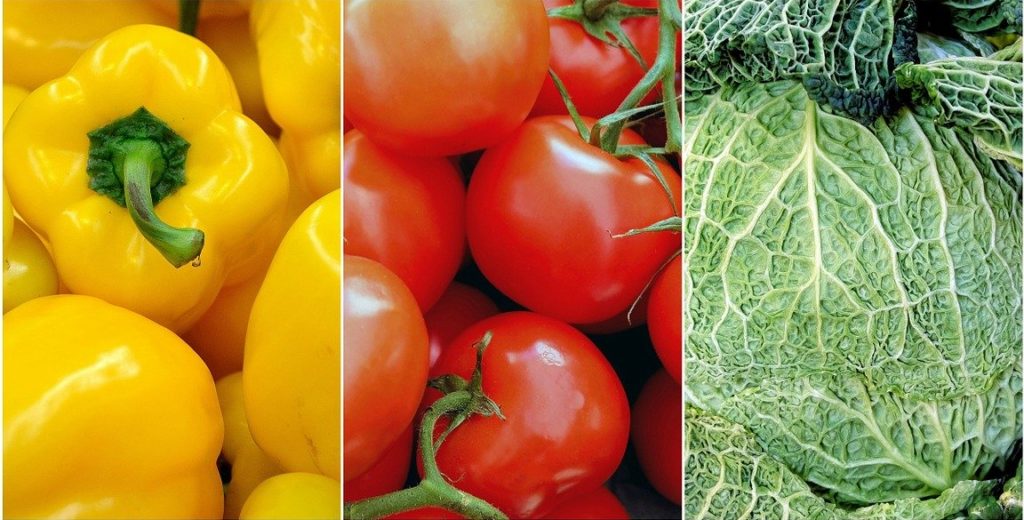
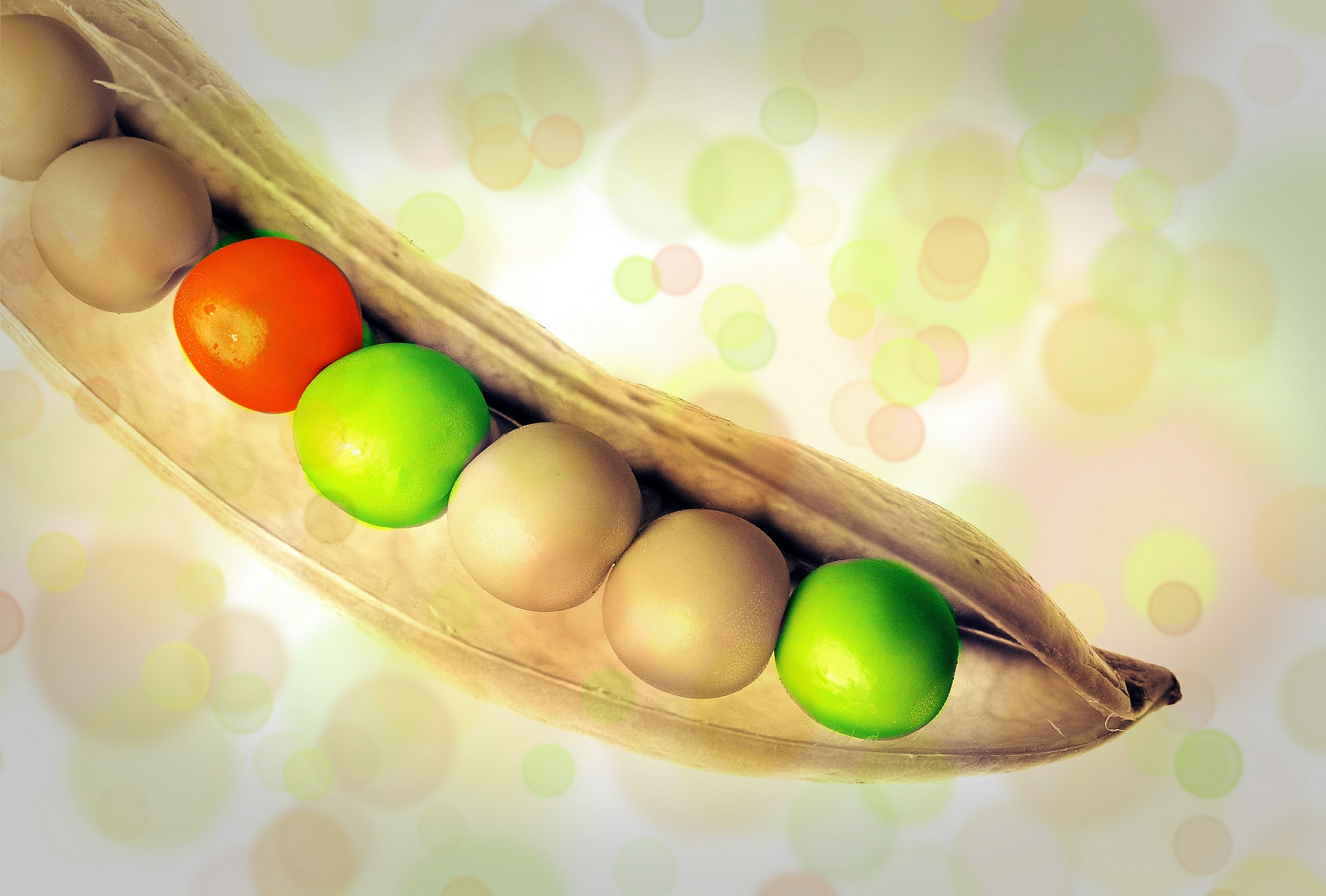
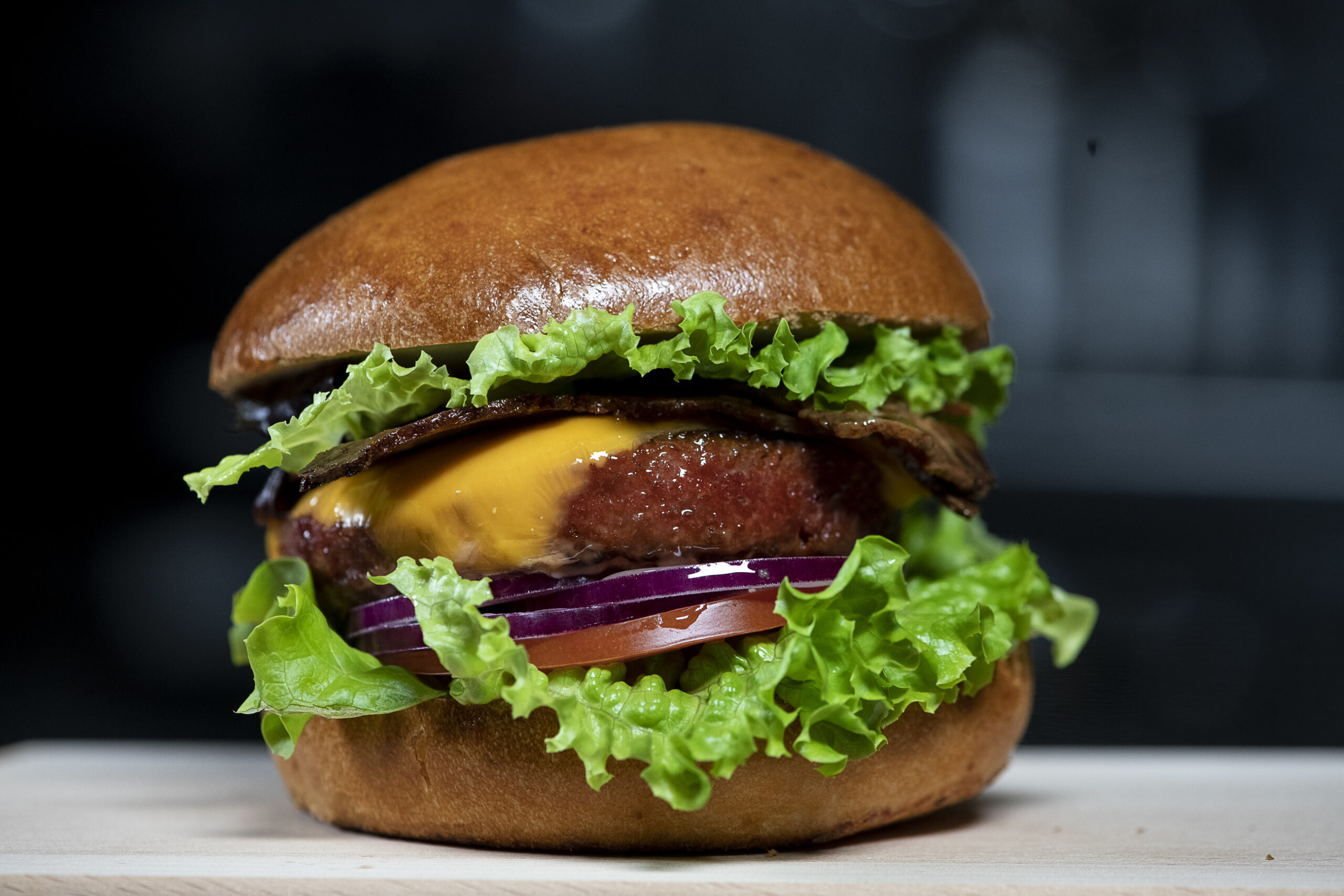
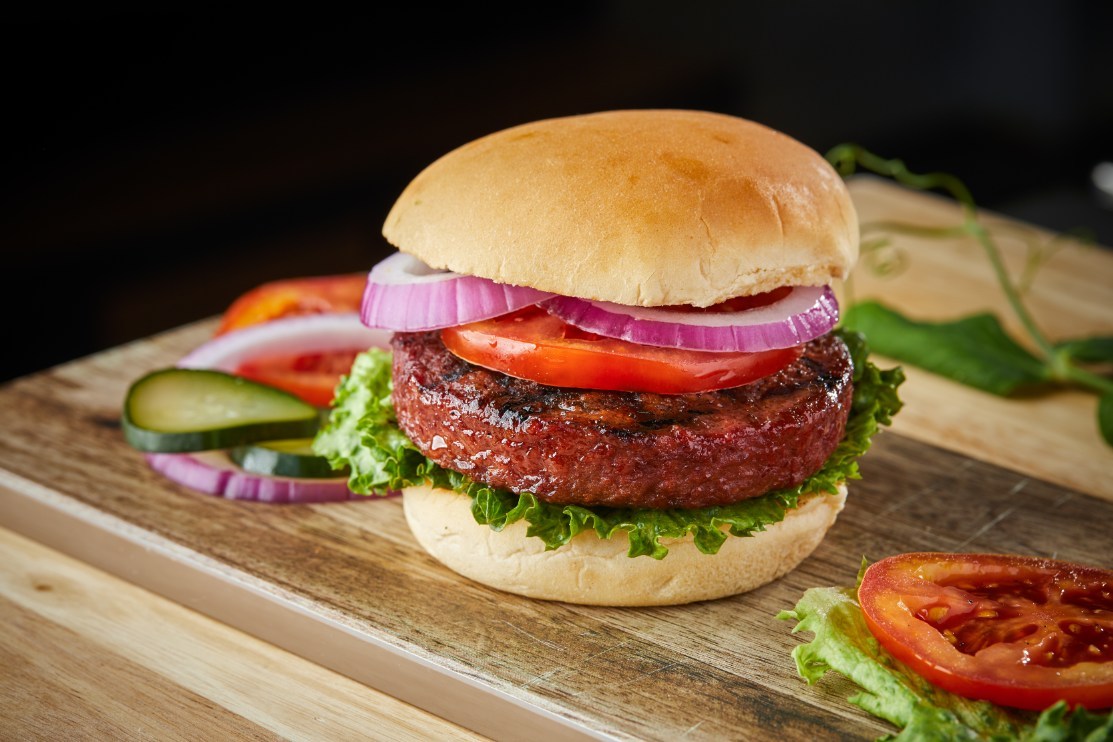
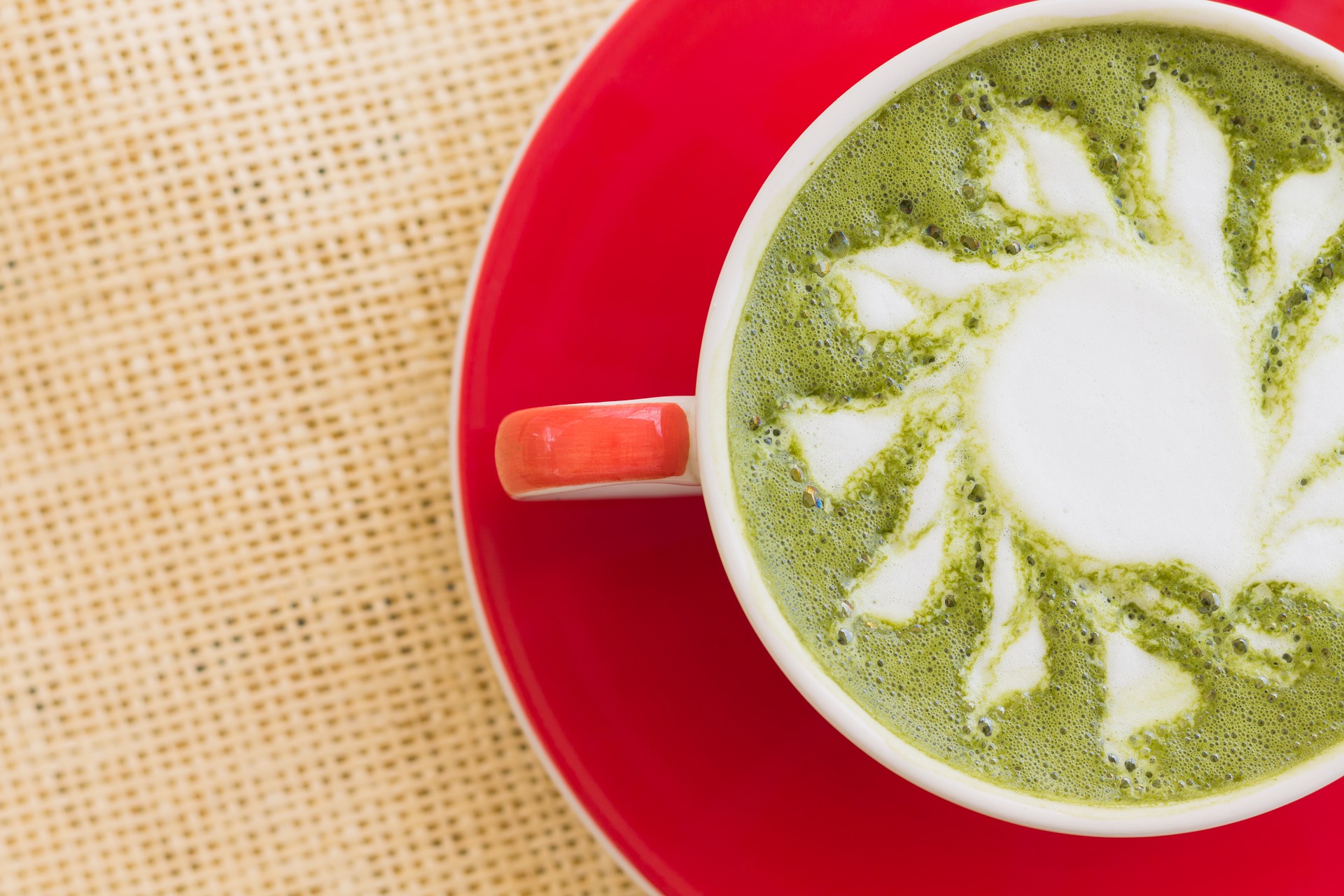
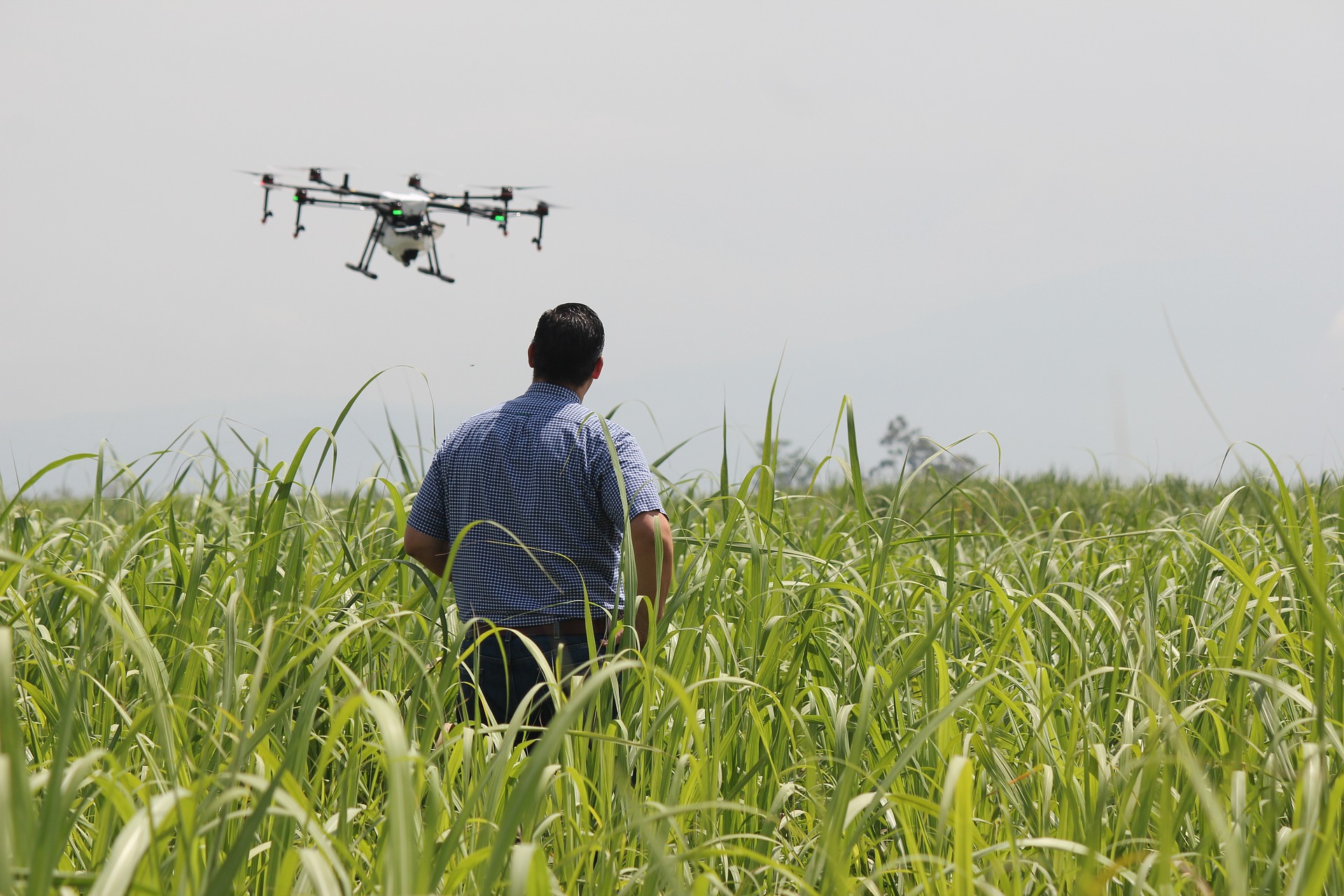




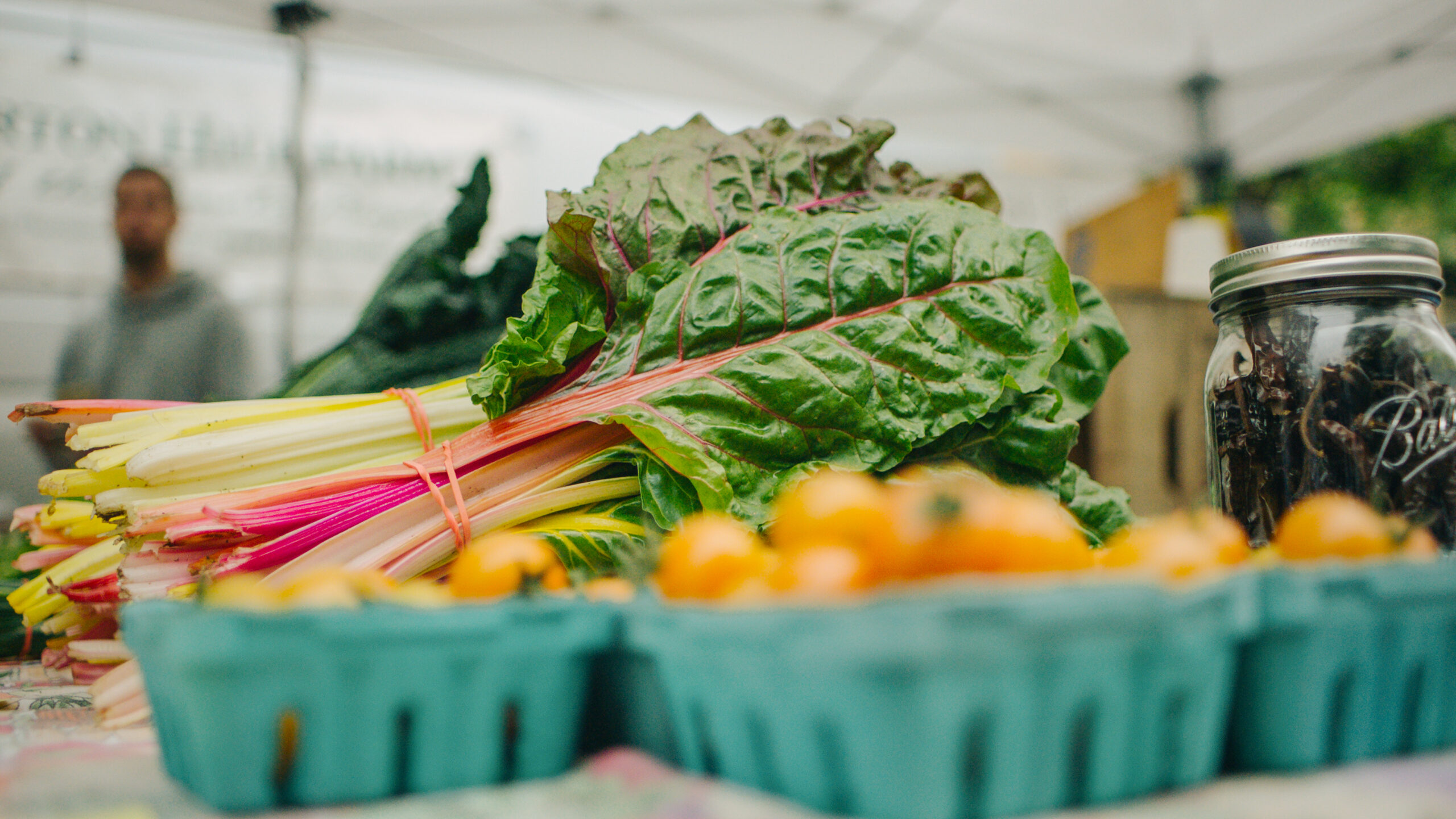
Join or login to leave a comment
JOIN LOGIN